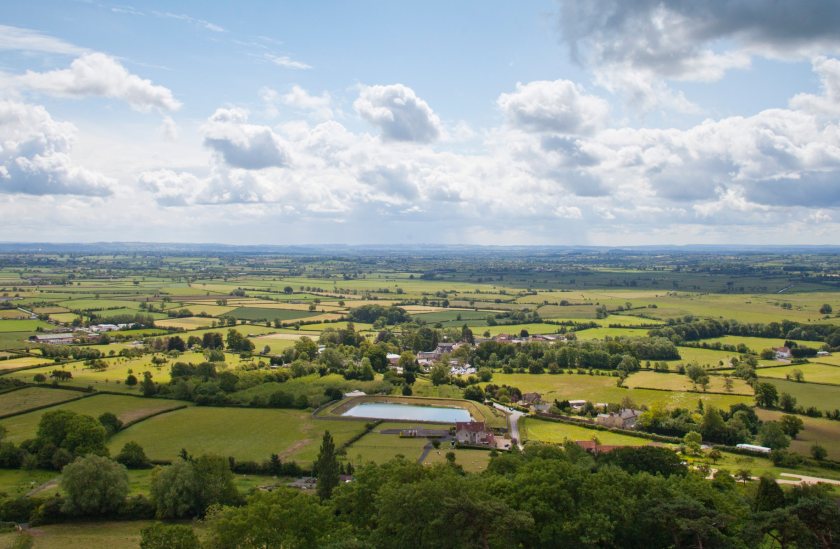
The NFU has told MPs that it cannot support proposed changes to compulsory purchase powers, warning that the reforms risk further eroding farmers' confidence and trust in government.
Speaking during a Public Bill Committee session, NFU vice president Rachel Hallos drew on direct conversations with farmers affected by major projects such as HS2.
She said the message from farmers was “clear and consistent” — that expanding compulsory purchase powers without addressing longstanding issues “sent shivers down spines.”
“Many farmers impacted by HS2 are still waiting for payment,” Ms Hallos said, highlighting the deep frustration among those who have already faced disruption and financial uncertainty due to infrastructure developments.
The Planning and Infrastructure Bill wants to extend an existing power to remove value attributed to the prospect of planning permissions, or "hope value".
Removing this is not a new proposal as it was introduced under the previous Conservative government’s Levelling-up and Regeneration Act 2023.
The Labour government's changes, however, focus on who can approve the removal of the "hope value".
As part of the proposed rules inspectors, councils, or mayors will be able to make decisions on the issue, where there are no objections.
Under the 2023 act brought in by the previous Conservative government, all value removals had to be approved by the Secretary of State.
Ms Hallos warned of the personal cost to those affected: “When you lay down a compulsory purchase order on a farm, you’re not just taking someone’s business, you’re taking their home. There has to be fair reward to that person.”
She stressed that if commercial gains are made from land acquired through compulsory purchase, the original landowners must be properly compensated — enough to relocate, rebuild and continue their livelihoods.
A particular flashpoint in the Bill is clause 72, which would grant Natural England compulsory purchase powers.
Ms Hallos was unequivocal in the NFU's opposition: “We do not believe the committee should vote for this clause to stand part of the bill,” citing a lack of justification and a breakdown in trust between Natural England and farmers.
She made clear that the union was not opposed to economic growth or infrastructure development. “Farmers want a planning system that backs sustainable, productive farm businesses delivering for both food security and the environment."
However, she issued a stark warning: “Confidence is on a knife edge. If we’re going to get anywhere near rebuilding confidence and trust between the agricultural community and government, especially given everything else going on, then this has got to stop.”
The Public Bill Committee will continue to take evidence before proceeding to vote on each clause of the bill.
